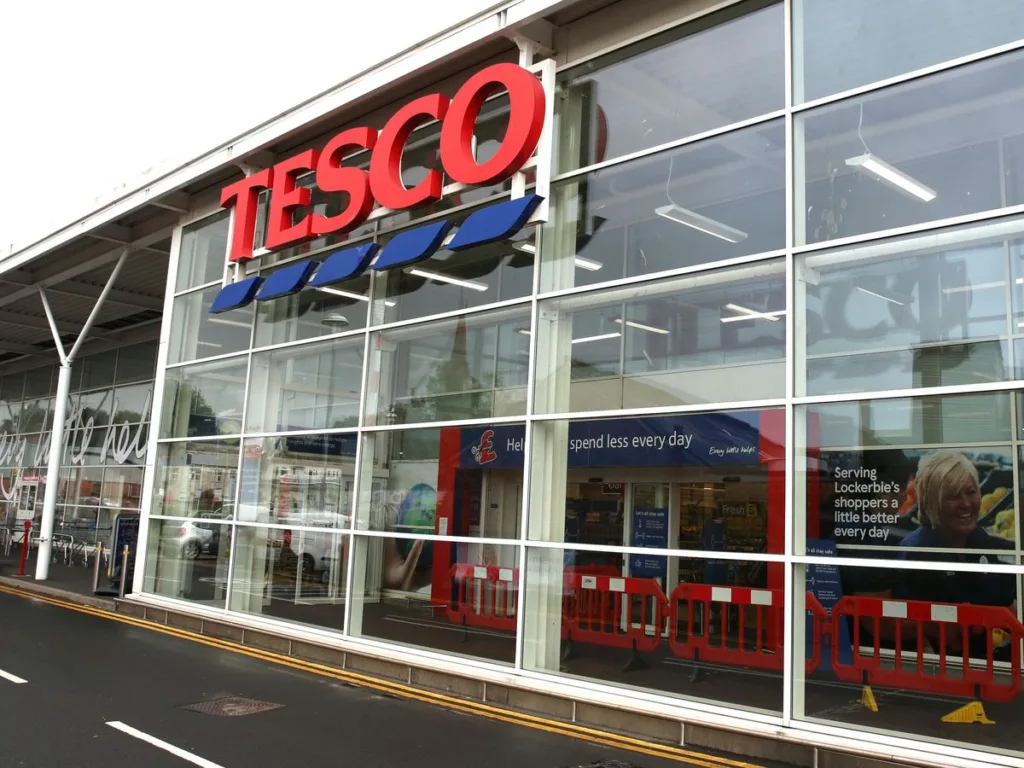UK-based multinational retail giant Tesco has unveiled a series of fresh commitments aimed at addressing climate concerns. These include interim objectives to curtail Scope 3 emissions originating from its supply chain, particularly at the forest and agricultural levels. Additionally, Tesco has set a target to achieve an 85% reduction in absolute Scope 1 and 2 emissions from its own operations by 2030.
These newly established targets are part of Tesco’s overarching ambitions, formulated in 2021, to attain net zero emissions within its operations by 2035 and across its entire value chain by 2050.
Within this framework, Tesco’s value chain aspirations encompass specific goals, such as a 55% reduction in absolute Scope 3 emissions from energy and industrial sources, as well as a 39% decrease in emissions related to forests, land, and agriculture (FLAG) by 2032, using a 2019 baseline.
Given that the food and beverage sector contributes around a third of global greenhouse gas emissions, Tesco’s focus on this area is pivotal. These emissions predominantly arise from the supply chains of food and beverage companies, rather than solely from their direct operational activities.
Tesco’s sustainability report highlights that over 90% of the company’s emissions footprint originates within its value chain, with more than half of emissions stemming from the production of the goods it sells.
The company has outlined initiatives under its ‘Planet’ sustainability agenda to mitigate supply chain emissions. These efforts include achieving 100% deforestation-free status for all primary risk commodities by 2025, introducing sustainable agricultural innovations like low-carbon fertilizers with key vegetable suppliers, and compelling suppliers to commit to net zero ambitions by the close of 2023.
Tesco’s broader ‘Planet’ agenda encompasses multiple categories, encompassing actions such as decarbonizing transportation, reducing emissions from stores, promoting sustainable consumption, waste reduction, and nature conservation.
Furthermore, Tesco has received validation for its new goals from the Science Based Targets initiative (SBTi), positioning it as one of the pioneering global retailers with SBTi-approved objectives. It also stands as one of the initial companies worldwide to have specific FLAG targets endorsed by the SBTi.
